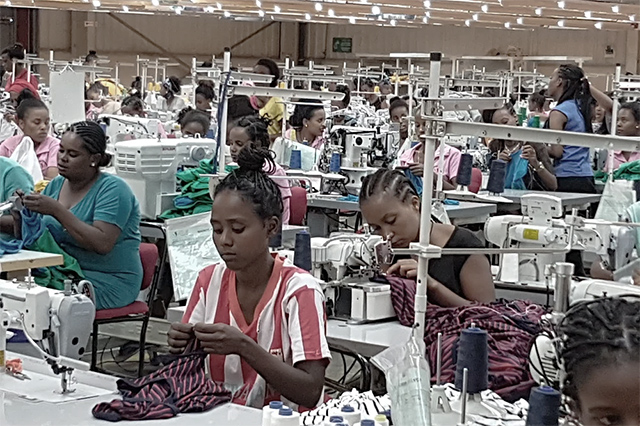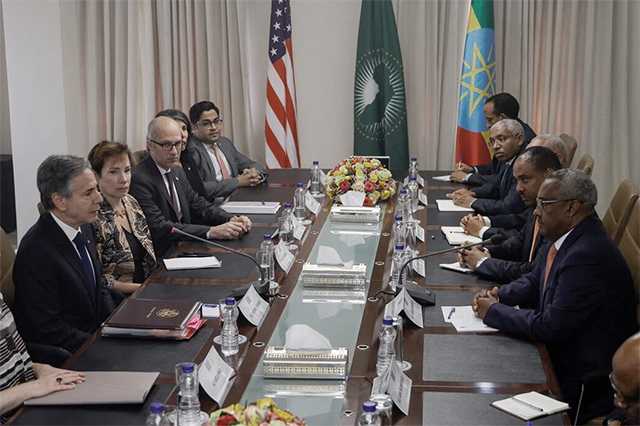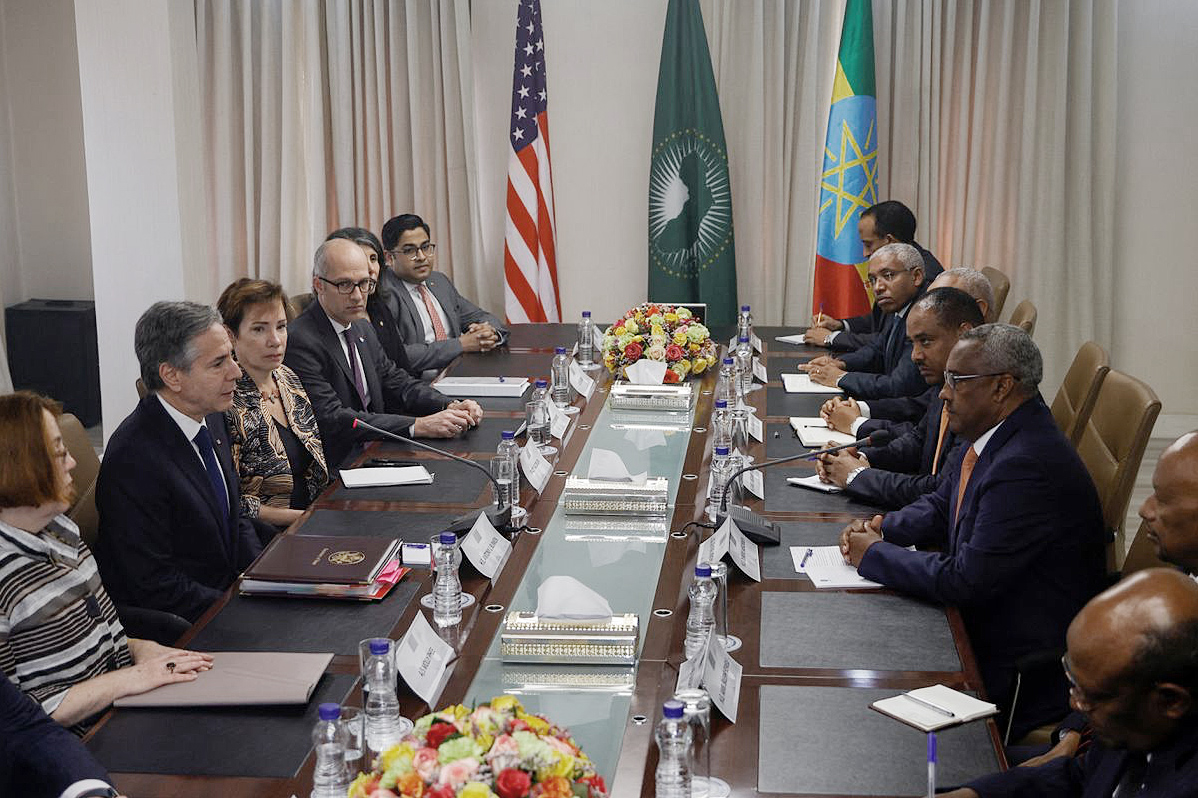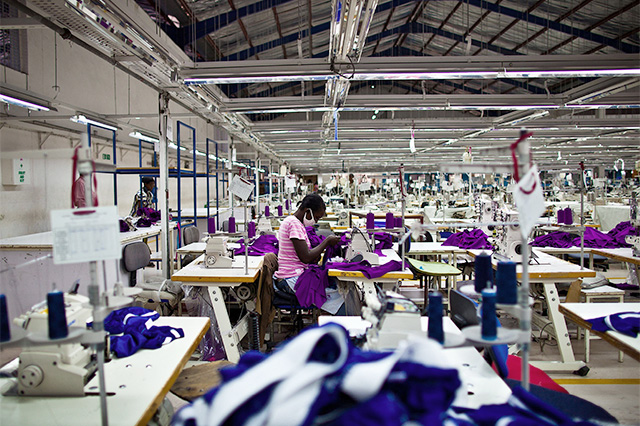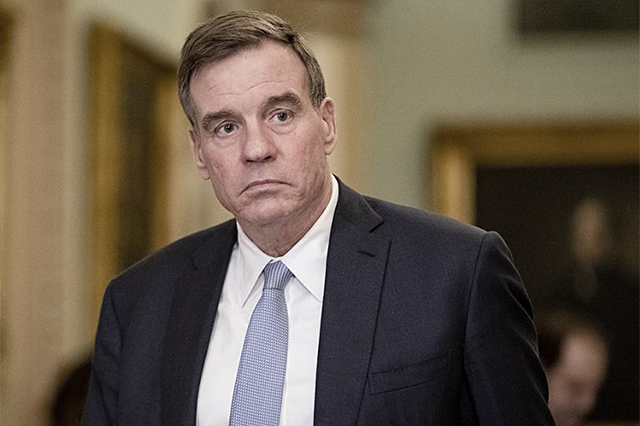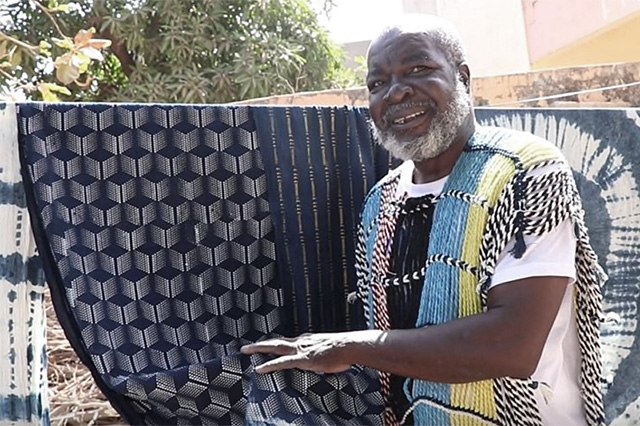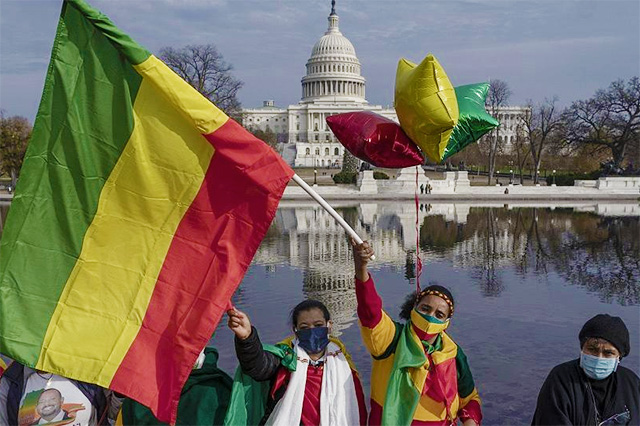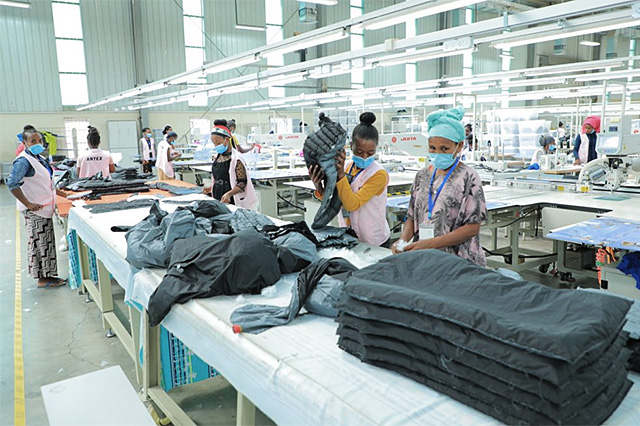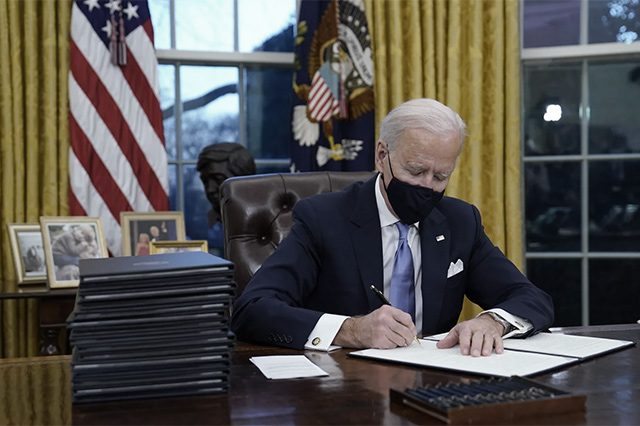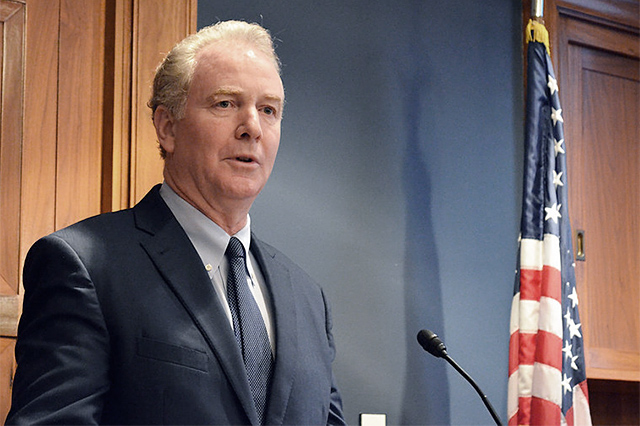Ethiopian trade negotiator: 'Don’t remove Ethiopia’s AGOA trade privileges'
U.S. President Joe Biden recently threatened to impose sanctions on Ethiopia due to the conflict in Tigray.
If Washington follows through and removes preferential trade arrangements under the African Growth and Opportunity Act (AGOA), Ethiopia’s fledgling manufacturing sector could face an existential threat.
While many people around the world share the U.S. government’s concern about “the peace, security, and stability of Ethiopia and the greater Horn of Africa region,” Ethiopians are dismayed by the threat of withdrawal of AGOA trade privileges.
Whatever concerns one may have about the security situation in Ethiopia today, removal of AGOA eligibility would only worsen the condition of ordinary Ethiopians who have no connection to the Tigray conflict.
Signed into law by President Bill Clinton in 2000 and repeatedly extended and expanded under both Republican and Democratic presidents since, the AGOA remains, according to the Brookings Institution, “the cornerstone of the U.S. commercial relationship with Africa.”
AGOA eligibility is subject to domestic policy choices in beneficiary countries, encouraging African governments to adopt market-based economic policies, adhere to the rule of law and political pluralism, and eliminate barriers to U.S. trade and investment.
Although Ethiopia before 2018 would hardly pass the test of human rights or political pluralism, the U.S. government never seriously questioned the country’s AGOA eligibility under the repressive leadership of the Tigray People’s Liberation Front. Indeed, when the AGOA was launched in May 2000, Ethiopia was deep in a state of war against Eritrea. Yet Ethiopia was on the original list of 34 countries declared AGOA-eligible later that year and remained eligible despite years of authoritarian rule.
Ethiopia used its tariff-free access to the U.S. market to successfully entice foreign investors into its manufacturing sector, using a network of industrial parks in over a dozen cities across the country. As a result, foreign direct investment in light manufacturing grew rapidly, attracting several leading global brands to source materials in these sectors.
The impact on Ethiopia’s exports has been equally significant. When the AGOA was introduced in 2000, Ethiopia exported goods worth a minuscule $28 million to the United States; in 2020, that figure rose roughly tenfold and stood at close to $300 million, nearly half of it under the AGOA.
Today, the two most successful exporting industries under the AGOA, apparel and leather, employ about 200,000 people directly—80 percent of them young women. In Hawassa Industrial Park alone, 95 percent of the employees are women, providing in many cases the first-ever jobs for young families. Small businesses operating within the broader ecosystem of these two sectors—from raw material suppliers to service providers in areas such as catering, transportation, hotels, restaurants, and logistics—are estimated to support in excess of 1 million low-income citizens.
Ethiopia’s removal from the AGOA would deal a serious blow to the welfare of millions of low-income workers at a time when Ethiopia’s manufacturing industry is registering record monthly output levels. Even at the height of the pandemic, the Hawassa Industrial Park proved instrumental, saving lives by quickly repurposing itself to undertake production of personal protective equipment to supply the local and export markets with face masks worth more than $114 million.
The effect of Ethiopia’s removal from the AGOA would do lasting damage. Ethiopia’s decades-long and relatively successful efforts to extricate itself from poverty, build a viable manufacturing industry, create jobs for its youth, and progressively wean itself off aid through trade would all be imperiled. Moreover, by injecting uncertainty into the Ethiopian investment environment, such a measure would undo the promising gains registered over the past two decades while escalating the investment risk premium for a long time to come.
At the same time, the promising and prescient moves by many well-known U.S. companies to diversify their production facilities away from a singular focus on Chinese and Asian supply chains would also be significantly undermined.
Today’s Ethiopia has adopted a decidedly market-oriented economic policy with a plethora of reforms intended to improve the investment environment, open its financial sector, clean up long-mismanaged state-owned enterprises, accelerate its accession negotiations to the World Trade Organization, and launch a privatization program that covers some hitherto untouchable state assets such as state-owned telecommunications, logistics, and sugar companies.
Like all conflicts, the war in Tigray has caused unnecessary loss of life, destruction, and suffering for all Ethiopians. In recognition of these realities, Ethiopia’s government has taken steps to investigate and hold accountable members of its own armed forces through its own domestic institutions as well as in collaboration with the United Nations.
Ethiopia needs the support of its partners in these efforts, not threats of trade sanctions that would only hurt the very people these partners aspire to protect.
The U.S. government must maintain a sense of balance, context, and perspective in its determination of Ethiopia’s continued AGOA eligibility. Ethiopia’s citizens have never needed AGOA benefits more than now.
By Mamo Mihretu, a senior policy advisor to Ethiopian Prime Minister Abiy Ahmed and Ethiopia’s chief trade negotiator.



